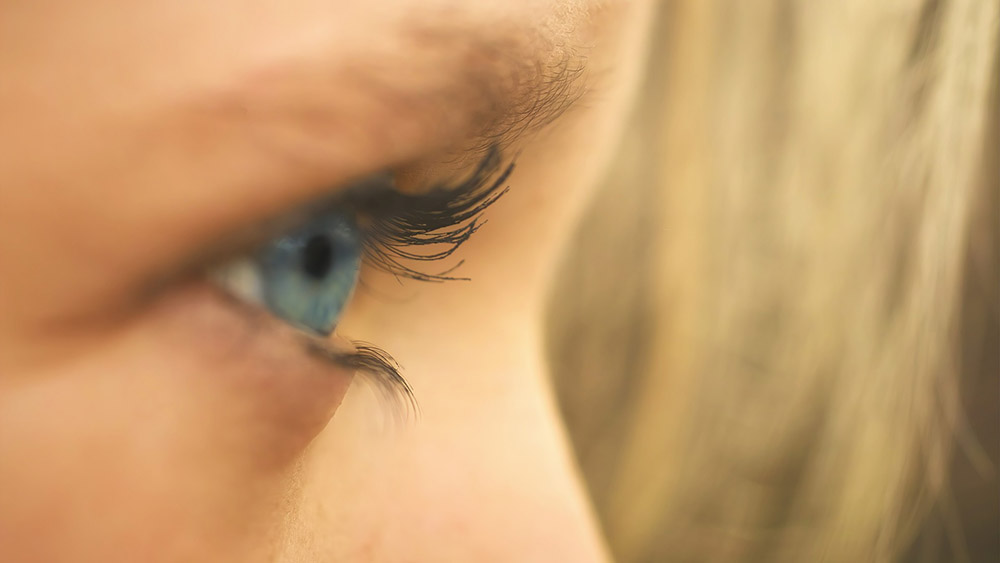One of the main causes of blindness, diabetic eye disease, frequently has no early warning symptoms. A person’s risk of diabetic eye disease increases with the length of their diabetes. For this reason, routine eye exams are crucial for the more than 30 million Americans who have diabetes in order to detect issues before they become serious.
The phrase “diabetic eye disease” refers to a number of eye conditions that are all related to diabetes. Diabetic retinopathy, diabetic macular edema, cataracts, and glaucoma are examples of diabetic eye disease. This November we are observing Diabetic Eye Disease Month by providing information to keep your eyes safe.
Diabetic retinopathy is the most prevalent type of diabetic eye disease among these. The good news is that blindness risk can be reduced with early detection and treatment. Indeed, early detection and treatment can prevent over 90% of diabetic vision loss, according to the Centers for Disease Control and Prevention (CDC).
Preserve Your Vision and Reduce Your Risks:
- To help your eye doctor identify any issues early on, when they are most treatable, schedule a dilated eye exam at least once a year.
- Try your best to maintain your blood sugar levels within the desired range. High blood sugar can cause blurred vision and lens deformity over time, in addition to damaging blood vessels in the eyes.
- Reduce your chance of developing eye disorders and losing your vision by maintaining blood pressure and cholesterol within your target ranges. Moreover, its beneficial to your general health!
- Give up smoking. Quitting improves your health in many other ways as well as lowering your risk of diabetes-related eye diseases.
- Take action. Engaging in physical activity aids in diabetes management and protects your eyes.
Contact Your Doctor Immediately if:
- Observe persistent little black lines or spots.
- Look for any red fog or spots.
- Have an abrupt shift in your level of vision clarity.
- Take longer than usual to become accustomed to the dark.
Furthermore, it’s critical to control your diabetes. Your doctor can assist you if you have any questions or require assistance managing your diabetes. So this November, care for yourself by getting your annual eye exam!
For more helpful eye care and vision care tips, please visit our main blog page.
Source: svhealthcare.org

